While not every woman enjoys baths, there are some who look forward to a relaxing soak at the end of the day, like me! But, can pregnant women use bath bombs while enjoying a relaxing bath? This is a question that many women aren’t sure of.
Pregnancy brings the joy of a new baby, but it also brings aches and pains as your body adjusts to accommodating this developing child. An aching back and sore hips can always be relieved with a warm bath. But, what about bath bombs?
And, what about using bath bombs postpartum? You may be anxious to get back in the tub after the birth of your child to help get some calm and comfort. Bath bombs are one of the most popular bath items for relaxation.
However, expectant mothers worry if bath bombs are safe to use during pregnancy and after delivery. We’ll cover all that information in this post to reassure you if it’s safe to use bath bombs while pregnant.
Can Pregnant Women Use Bath Bombs?

So, can pregnant women use bath bombs? Yes! The majority of bath bombs contain components that are safe for pregnant women. However, not every bath bomb is made entirely of pregnancy-friendly components. So, understanding which ingredients are considered safe and which are not is essential to using bath bombs properly during pregnancy.
Ingredients in a Safe Bath Bomb
Bath bombs are mostly made up of sodium bicarbonate and citric acid. Neither of these ingredients is harmful to a pregnant woman.
Both sodium bicarbonate and citric acid are classified as pregnancy category C by the FDA. This refers to their internal usage rather than their external use; this means they’re safe to swallow and thus safe to use in your bath.
When it comes to bath product safety, it’s generally the additional perfumes that are brought up, and there’s some truth to that. If you want to use bath bombs while pregnant, read the contents list and make sure the fragrances are regarded safe.
Essential oils and synthetic fragrances are the two sorts of fragrances you’ll find on any ingredients list. Let’s take a look at each of these to see how they differ in terms of risk.
Essential Oils
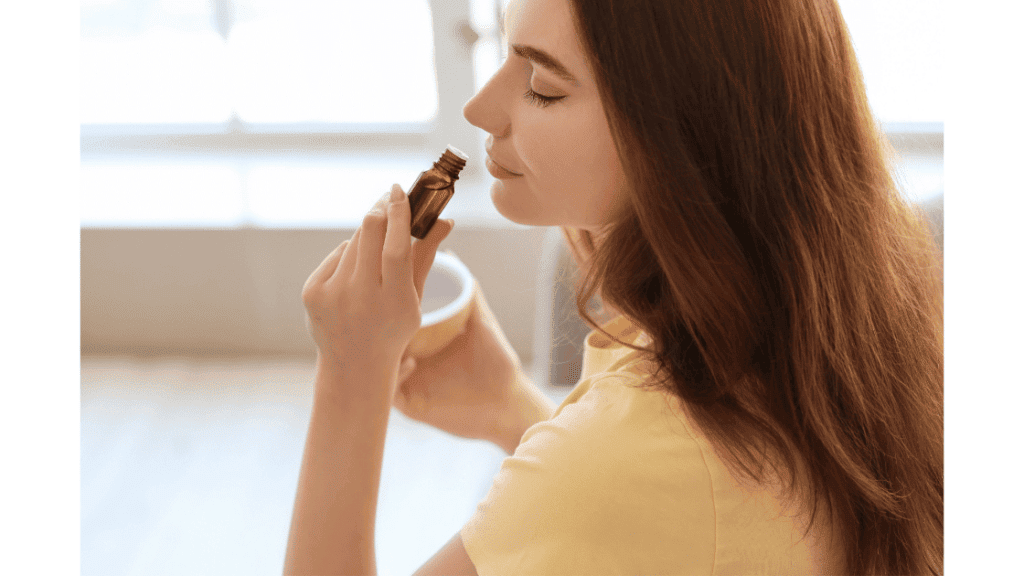
A thorough list of safe essential oils, as well as the main essential oils to avoid during pregnancy, is provided by the International Federation of Professional Aromatherapists.
Citrus, lavender, neroli, rose, and ylang-ylang are all on their “safe” essential oil list, which is great news for bath bomb fans.
Synthetic Fragrances
Any fragrance oil used in bath goods such as bubble baths, Epsom salts, and bath bombs is a synthetic product. And, if you’re the cautious kind, you might want to avoid it for the reasons listed below.
Benzaldehyde, benzyl acetate, benzyl alcohol, limonene, and ethanol, all frequent ingredients in synthetic fragrance oils, have been linked to discomfort.
Given that synthetic scents can induce irritation and imbalance of the skin and mucous membranes (particularly in people with established allergies), a major worry is their potential contribution to bacterial vaginosis and yeast infection.
Bacterial vaginosis is a frequent infection caused by a bacterial imbalance in the vaginal bacterial colonies. This infection is especially important during pregnancy. If left untreated, it can allow hazardous germs to migrate up toward the uterus, causing pregnancy difficulties. Avoid scented bubble baths and bath bombs to lower the risk of bacterial vaginosis and yeast infection.
Does this suggest that women who have never had bacterial vaginosis, yeast infections, or have sensitive skin should only use fragrance-free products? Of course not! You’re less likely to contribute significantly to the imbalances that might lead to bacterial vaginosis or yeast infections if you use products created with pregnancy-safe essential oils as a once-in-a-while bath time treat. Especially if the product is diluted in a full bathtub of water.
Colorants
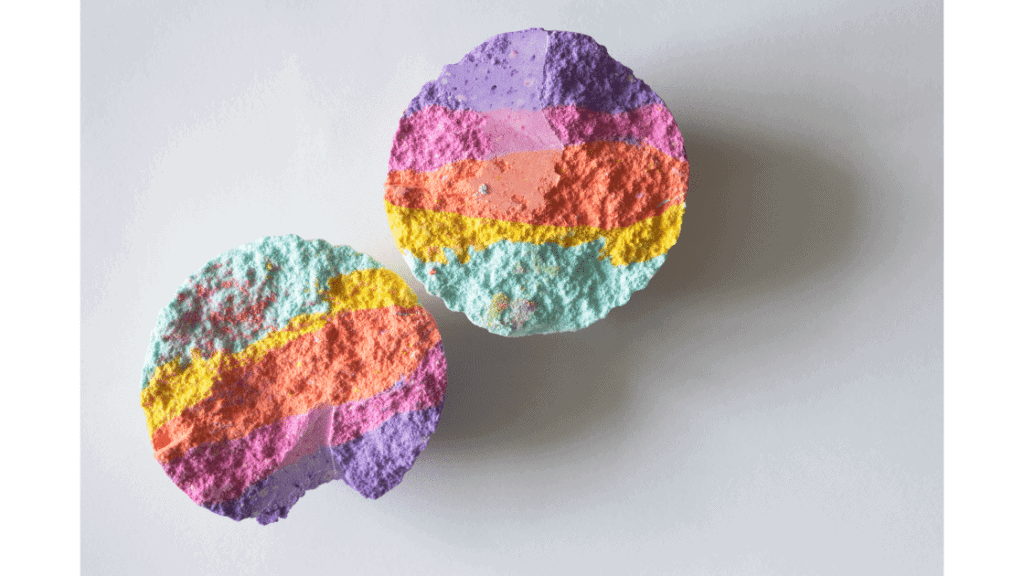
Colorants are another popular element in bath bombs. The use of colorants in such cosmetics is governed by the cosmetic safety rules of each country.
Colorant use is strictly regulated in nations like Canada, the United States, Europe, and Australia. So, buying bath bombs made in these countries is a good place to start. Looking for bath bombs created with natural colorants like clays or plant extracts may provide you with additional reassurance.
Using Bath Bombs Postpartum
There are a mix of opinions about using bath bombs after giving birth. Some women suffer from vaginal tears and our advised by their doctors not to use soap products down there until the wound has healed. This could be reason enough not to use bath bombs in the postpartum period.
It might be safe to wait until any postpartum wounds have healed. It’s also best to ask your physician when the use of bath bombs are considered safe to use after giving birth. You may need to avoid bath bombs until further notice.
Can Pregnant Women Use Lush Bath Bombs During Pregnancy?
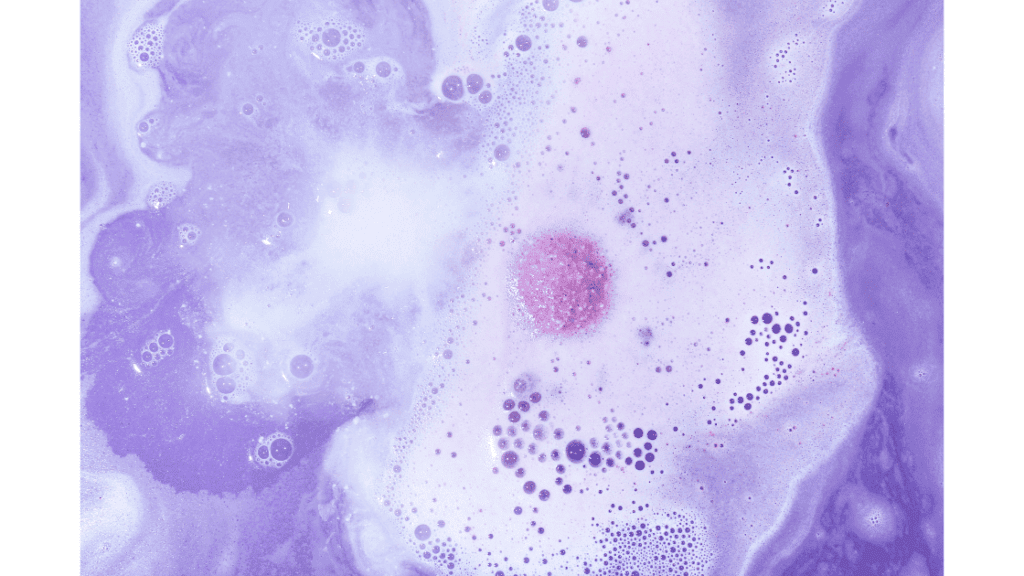
Lush is a popular choice for natural and less-chemically based items, but walking through a Lush store may be a a bit intense for a sensitive pregnancy nose. Yes, all the essential oils smell heavenly, but it might be overwhelming to a pregnant woman.
If you live near a Lush store, you’ve probably pondered if their bath bombs are actually safe for pregnant women because of this inconsistency. Fortunately, they are! All of Lush’s products, including bath bombs, are classified as safe for use during pregnancy, according to the company.
Despite the fact that their bath bombs are frequently extremely scented, they can be deemed safe because they’re made in accordance with the International Fragrance Association‘s set of laws, which promote the safe use of scents.
Synthetic Ingredients in Lush Products
Lush bath bombs contain certain synthetic elements that the business classifies as “safe synthetics”. These are chemicals that must be classified as synthetic because they are often made by manipulating a natural ingredient in a laboratory.
When looking at the safety data of the safe synthetics used in Lush bath products, you’ll notice that they were picked based on thorough research into their suitability for skin use. Dipropyl glycol (a popular chemical in their bath bombs) has been confirmed to be safe in skincare treatments, for example.
Lush bath bombs are known for their vibrant colors, yet naturally derived colorants generate muted tones. So, are Lush’s vibrant colorants safe to use? Yes, many of Lush’s colorants are safe to use in food products, as seen by their high safety ratings. Many of their colorants are also classified as “safe synthetics”. The company says that it only uses those that have been authorized as safe by international regulatory authorities.
Iron oxide, for example, is a colorant used in a number of their bath bombs. For this reason, the FDA has given it a GRAS (generally recognized as safe) grade.
Essential Oils Used in Lush Products
A lot of Lush bath bombs feature additional skin soothing and nourishing components. Some of these components include plant butters and carrier oils, which are worth noting.
The possibility for bath bombs to irritate the skin and mucous membranes has been raised. And the addition of these essential oils in Lush bath bombs will help to lessen the risk of such irritation from a formulation standpoint.
A Comfortable Water Temperature for Using a Bath Bomb
Now that we know where to find bath bombs that are safe to use while pregnant, let’s talk about how to use them once you have them home and how to avoid passive heat stress.
Bath bombs are typically made with a base of sodium bicarbonate and citric acid. While the fizzing reaction between these alkaline and acidic chemicals occurs in cool water, the bubbling reaction is enhanced when the bathwater is hot, or when used in hot tubs.
Unfortunately, research indicates that the temperature of your bathwater is the factor that offers the greatest harm to your health. This has to do with maintaining a pregnant woman’s core temperature. For pregnant women, a bath bombs safe temperature would be somewhere near warm water.
Doctors and health experts have advised avoiding taking hot baths during pregnancy for many years, and this advice still applies. Thankfully, recent research has shifted our perception of how hot a bath may be without causing harm. This also refers to taking baths in a hot tub.
Due to the danger of fetal injury, research has highlighted the need of avoiding increases in core body temperature above 39 degrees Celsius (102.2 degrees Fahrenheit) when pregnant. However, according to their findings, pregnant women can safely soak in a 70°C (158°F) bath for up to 20 minutes without surpassing the core temperature “danger zone.”
So, while you may be able to use a little more heat than previously thought, keep your bath inside the safe zone, even if it means less fizzing. This also means that a hot tub might not be the best way to bathe while pregnant. And, if you find yourself heating up, a cool shower is recommended.
The Benefits of Bath Bombs During Pregnancy
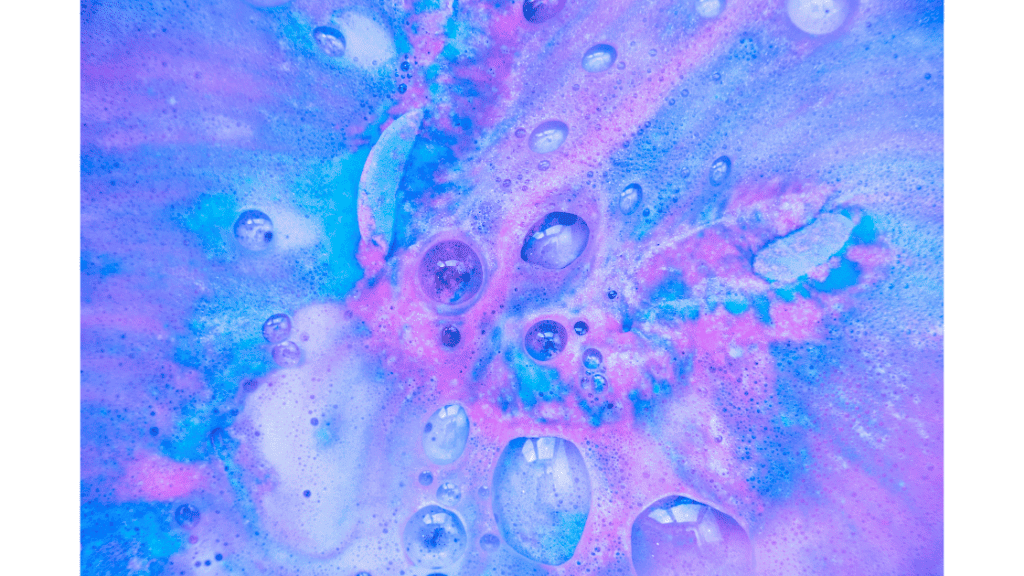
Hopefully, this article has reassured you that most bath bombs are safe to use during pregnancy when carefully selected and used at a safe temperature. And, also that their use on occasion can be beneficial. A soak in a lovely, fragrant tub is a form of self-care as well as a tool for relaxation.
The effect of stress on a woman’s pregnancy is a hot topic in science. Stress has been related to poor pregnancy outcomes, according to the journal Current Opinion in Psychiatry. Thus measures to reduce stress are extremely useful throughout pregnancy.
Bath bombs with essential aromatherapy oils like lavender, sandalwood, neroli, or Roman chamomile, which are calming and pregnancy-safe, provide additional benefits.
Aromatherapy in acts of self-care during pregnancy is shown in research to lower anxiety and give calm over the long term during pregnancy. There’s no need to avoid bath bombs.
So, if you’re one of the many people who find bathing to be a deeply calming experience, a great bath bomb can definitely help you control your stress levels safely.
Final Take: Can Pregnant Women Use Bath Bombs?
Baths, whether with or without a bath bomb, may be a terrific way to unwind when pregnant! And, although some bath bombs are safe to use while pregnant, it’s typically recommended that you don’t take a bath that’s excessively hot. Thus warm baths are preferred over extremely hot baths. Saunas and steam rooms should also be avoided while you’re pregnant because overheating might be harmful to your kid.
You should also be careful not to slide when getting in and out of the bath or shower. Especially as your pregnancy progresses and you may find it more difficult to maintain your balance. Creams and moisturizers can make your skin more slippery, so use caution when entering and exiting!

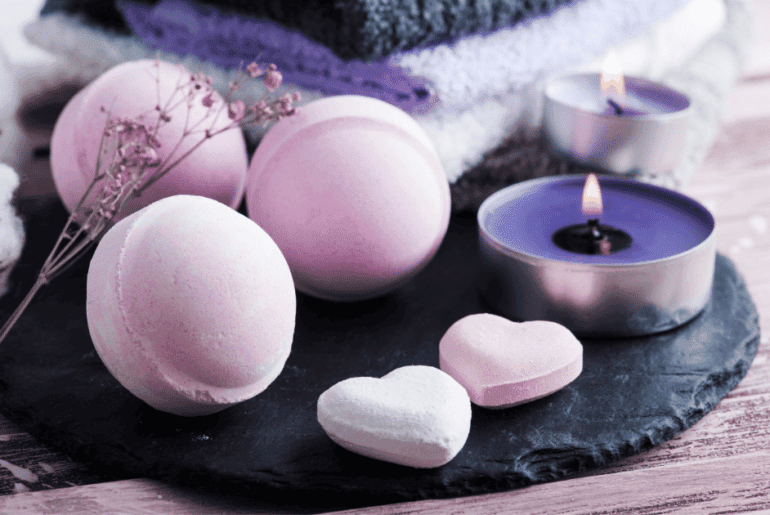
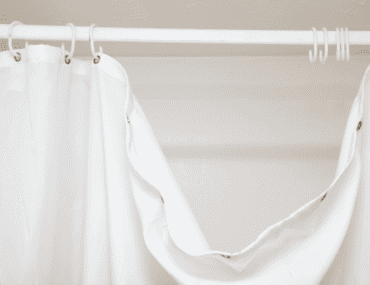
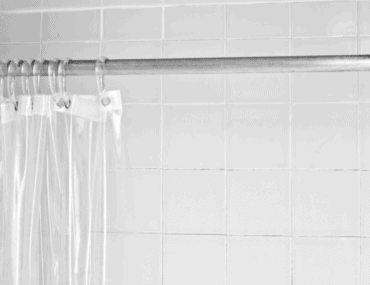

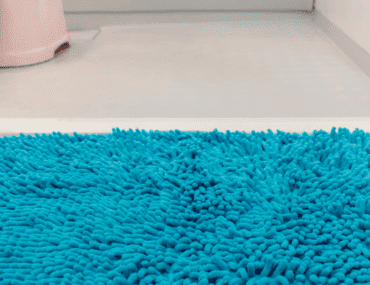
Comments are closed.